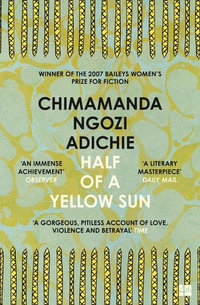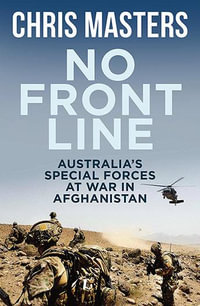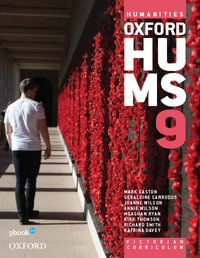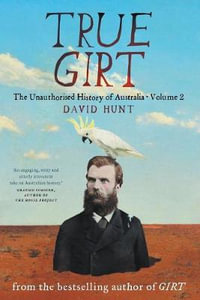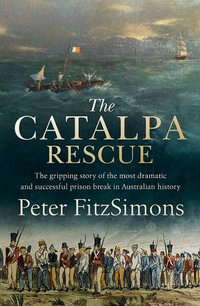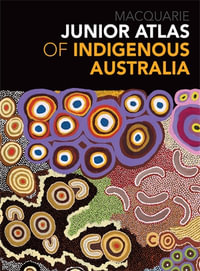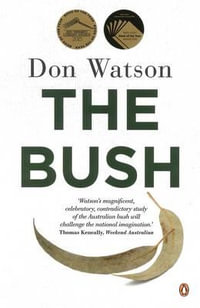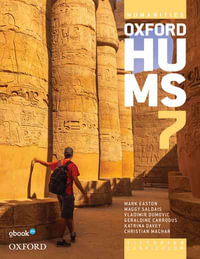
Born in 1951? What else happened?
What else happened?
By: Ron Williams
Paperback | 1 January 2016 | Edition Number 2
At a Glance
Paperback
$24.99
Aims to ship in 17 to 20 business days
ISBN: 9780994601513
ISBN-10: 0994601514
Series: Born in Series
Published: 1st January 2016
Format: Paperback
Language: English
Number of Pages: 182
Audience: General Adult
Publisher: Boom Books
Country of Publication: AU
Edition Number: 2
Edition Type: Revised
Dimensions (cm): 21.01 x 14.81 x 1.25
Weight (kg): 0.22
Shipping
| Standard Shipping | Express Shipping | |
|---|---|---|
| Metro postcodes: | $9.99 | $14.95 |
| Regional postcodes: | $9.99 | $14.95 |
| Rural postcodes: | $9.99 | $14.95 |
How to return your order
At Booktopia, we offer hassle-free returns in accordance with our returns policy. If you wish to return an item, please get in touch with Booktopia Customer Care.
Additional postage charges may be applicable.
Defective items
If there is a problem with any of the items received for your order then the Booktopia Customer Care team is ready to assist you.
For more info please visit our Help Centre.
You Can Find This Book In
This product is categorised by
- Non-FictionHistorySpecific Events & Topics in HistorySocial & Cultural History
- Miscellaneous ItemsGift Books and Gift Ideas
- Non-FictionHistoryEarliest Times to Present Day20th Century History from 1900 to 2000
- Non-FictionHistoryRegional & National HistoryAustralasian & Pacific History
- Booktopia's FavouritesThe Buzz Non Fiction Recommendations
- Non-FictionPolitics & Government








